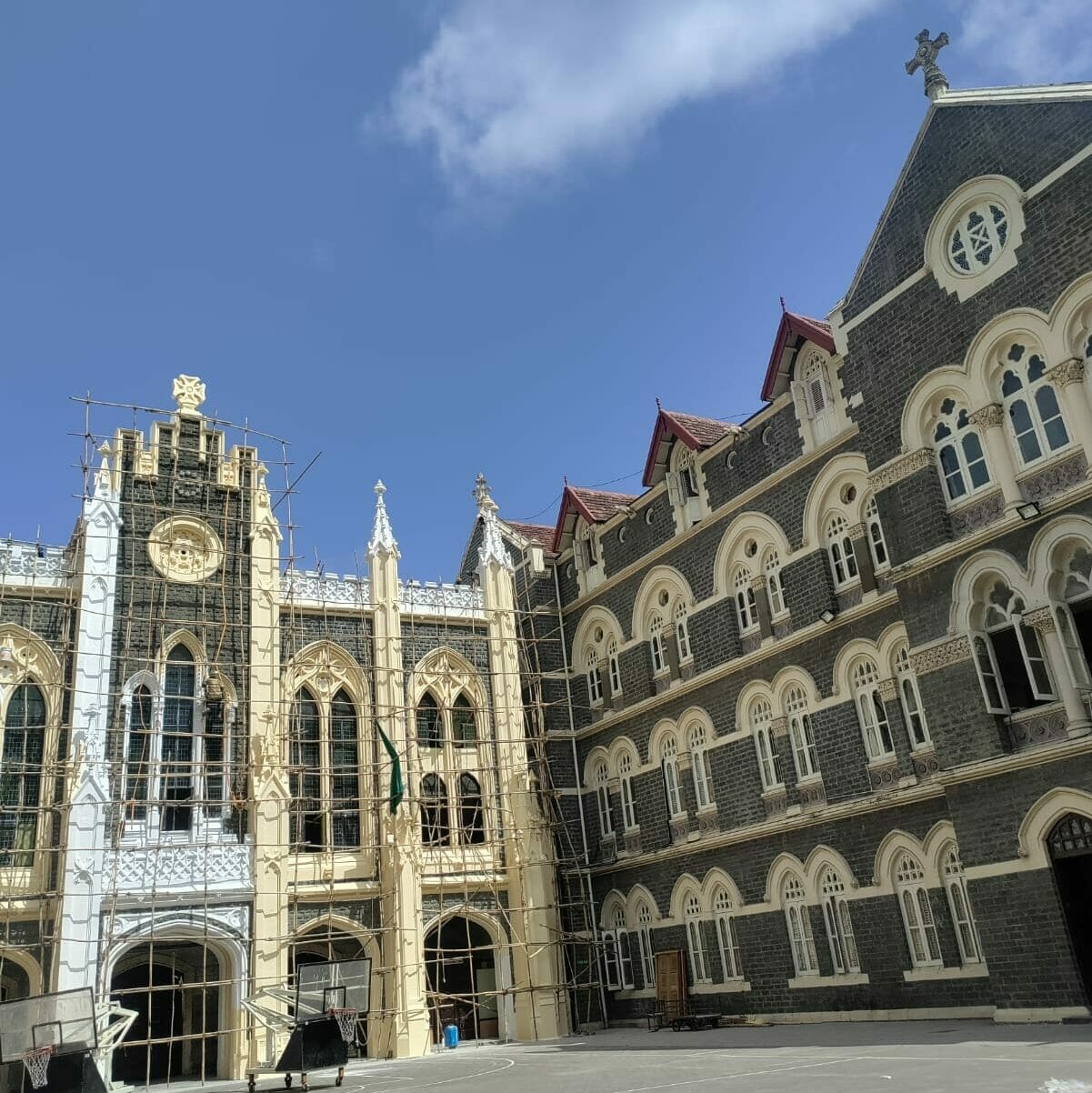With admission season in full swing, students and parents in the city are busy choosing courses and colleges. Amidst this anxiety and nervousness, another issue on the minds of students is the implementation of the National Education Policy (NEP). A total of 57 institutes in Mumbai will roll out the NEP from this academic year (2023-2024).
One of the major changes that NEP implementation requires is the duration of courses. Three-year undergraduate courses are now a four-year course. An additional year is for the students to attain an honours degree, with a research option in the final year. The policy will allow students multiple entry and exit points within a course, with different certification for each level, honours being the highest on completion of a four year degree.
NEP roll out
A few autonomous colleges will introduce the Common Entrance Undergraduate Test (CUET). This is being seen as a major, effective change by experts and counsellors. All students will undergo a standardised admission procedure with the introduction of CUET. Education consultant Rita Balchandran says, “Irrespective of the student’s Board, CUET will give everyone a fair chance at admissions.”
The variety of courses available under the policy range across six verticals: Major (core subject), minor, open elective, vocational courses, skill enhancement courses, and internships or field projects. However, it isn’t as easy to offer as it sounds.
Though the policy gives students the flexibility to choose from a bouquet of courses, knowledge about the courses is scarce. “Students are unaware about the variations in each course, leaving the onus on institutes to clarify their doubts,” said Krutika Desai, Principal of Mithibai College, in a report by the Indian Express.

Autonomous colleges in the city have received directives from the state to implement the policy. However, colleges under the Mumbai University will implement the policy from the next academic year. As of now, Central Universities have to mandatorily implement the NEP, and State Universities can implement it in different stages.
As non-autonomous colleges in the city await guidelines and directions from the Mumbai University, an official at Prahladrai Dalmia Lions College says, “We are ready to implement the National Education Policy, but we have not got any directions from the Mumbai University in this regard.”
Read More: NEP roll out: Mumbai institutes prepare for the New Education Policy
Additional infrastructure for NEP implementation
One of the most popular and widely-discussed parts of the policy is the wide variety of courses that NEP structure offers. Under the new policy, students can choose skill enhancement courses from across colleges in the state. For example, a student studying at a college in Mumbai can also pick a course from another city, like Pune. The credits from the course will then be transferable to the Academic Bank of Credits (ABC). These credits can then be used for the attaining the final degree.
However, teachers say without adequate training, coordinating and planning, this would be difficult to pull off. Principal of a reputed autonomous college in south Mumbai says, “We are ready to implement the policy from this academic year, but we are implementing it in a hasty manner. As of now, we need more faculty to start four-year degree courses on an ad-hoc basis.”
“The lack of infrastructure and teaching staff is a hindrance in effective implementation of NEP. The workload will increase massively, leaving colleges to fend for themselves. This is one of the major challenges many autonomous institutes will have to deal with,” the principal elaborated.
Rita also pointed at the infrastructure challenge. “Currently, we do not have adequate infrastructure for extra-curricular and research activities. There will be tie-ups amongst colleges in the future, and the government may establish common research centres,” she says.
Read More: Integrated coaching: Was it actually banned?
The additional provisions will also attract higher fees. Dr Rajendra Shinde, Principal of St Xavier’s College, says, “With the variety of courses offered, we have to hike the fees by five to ten percent as we have no other option. We have asked the government to decide the fee structure, as we do not want to increase the fees exorbitantly. With all pros and cons considered, the pros outweigh the cons as the policy will help the students to pursue multiple interests under one roof.”
Way forward for a successful NEP

Most students feel that the policy will benefit them. Austin D’cruz, student at St Xavier’s College says, “I feel that the NEP will help students choose what to study with a holistic approach. It will enable them to seek admission to foreign universities, requiring four-year undergraduate degrees.”
Anisha Jerath, a final year student, studying at N.M. college, says, “The college will implement the policy immediately, and offer four-year courses. However, we are not sure if our batch will get that benefit.” She says that the policy will enable students to pursue multiple courses, a privilege which the previous batches had to forego. “It will be beneficial for later batches, who only pursue B.Com, as they will have an internship option, thereby gaining hands-on experience.”
Rita speaks about the benefits of inter-disciplinary learning and staggered exit options. “The current system of higher education in India is highly conventional. The NEP will recognise the different potentials of each child, as the policy focusses on individual learners, and not masses. It integrates the sciences with humanities, thereby paving way for interdisciplinary learning. Multiple exit points in all the courses will help students navigate their future course of action, and also give them an opportunity to dabble in the professional world.”
Teething troubles are bound to prevail as students experiment with multiple subjects. Parents will take some time to adjust to the change, as they have always been exposed to the conventional system. However, the onus of educating the parents and students lies on colleges. There is a lot to do in terms of awareness amongst parents about the policy’s impact, Rita says.